As audiences, theatremakers, theatre students, and scholars in the United States continue to push for increased inclusion and broader representation on stage, there has been an increase in productions written by—and centering the stories of—Black queer individuals: A Strange Loop by Michael R. Jackson won the 2020 Pulitzer Prize for Drama and the Tony Award for Best Musical and for Best Book of a Musical in 2022, Fat Ham by James Ijames won the 2022 Pulitzer Prize for Drama, and Donja R. Love’s latest play Soft premiered at MCC Theater in 2022, to name a few. These productions, and the onstage representation of Black queer communities, are necessary to the development of the theatre industry as a more inclusive and welcoming space and contribute to what I call a Black queer theatrical culture.
However, while theatre organizations are progressing in the right direction and, slowly but surely, continuing to learn the value of producing Black queer theatrical pieces, the academic side of theatre—mainly writing, research, and classes offered at the university level—is not moving at the same pace. Black queer theatrical culture offers the opportunity for Black queer communities to be fully represented onstage and adds to the richness of voices that make up the theatre. Theatre production (encompassing the active art of theatremaking) and theatre scholarship (theatre research and academia) often have a symbiotic relationship: the two mutually benefit each other, and when one side thrives, the other does as well. Steady growth in theatre production allows for more material for academics to research, and more research helps theatremakers receive feedback and grow in their work. In order for this renaissance of Black queer theatrical culture to survive, it needs to be nurtured by both sides of the industry.
In order for this renaissance of Black queer theatrical culture to survive, it needs to be nurtured by both sides of the industry.
What Is Black Queer Theatrical Culture?
I define Black queer theatrical culture as a set of practices that exists at the intersection of, yet is markedly distinct from, Black theatrical culture and queer theatrical culture. I advocate for use of the word “culture” because it is more fully representative of the social behaviors and patterns that accompany these topics. A culture is also a practice that changes over time. The term “Black queer theatre” denotes a more fixed practice and focuses solely on the product of theatre, while “Black queer theatrical culture” denotes a culture that can change over time and is inclusive of the product of theatre, the history of the culture, and social behaviors within the culture.
Black theatrical culture, with its foundation in the Black Arts Movement, has a history of perpetuating anti-queer biases. Queer theatrical culture, on the other hand, has a prolonged history of intentionally centering white voices and excluding Black perspectives. Thus, Black queer theatrical culture is made up of Black queer theatrical pieces that center and effectively engage in discourse about Black queer identity and the various implications of said identity. Black queer theatrical culture offers unique perspectives on Black queer identity and cultural traditions that highlight the indivisibility of Black queerness—something that Black theatrical culture and queer theatrical culture do not do.
For example, Michael R. Jackson’s Pulitzer-winning musical, A Strange Loop, makes visible the ways in which Blackness and queerness work together to shape how the main character, Usher, understands his body and navigates the world at large. Aziza Barnes’s BLKS highlights how Black queer people have combined Black cultural traditions with Black queer practices such as mutual aid and community care (rather than carceral policing) in order to survive. Additionally, plays like Donja R. Love’s one in two showcase how Black queer people have a particularly unique framing of the HIV/AIDS epidemic that stands in contrast to more common portrayals of the epidemic in white queer theatre and more fully places HIV/AIDS in discussion with the violence of healthcare institutions and the social and economic effects of the disease. These three plays, and many other Black queer theatre pieces, highlight the need to discuss Blackness and queerness in tandem.

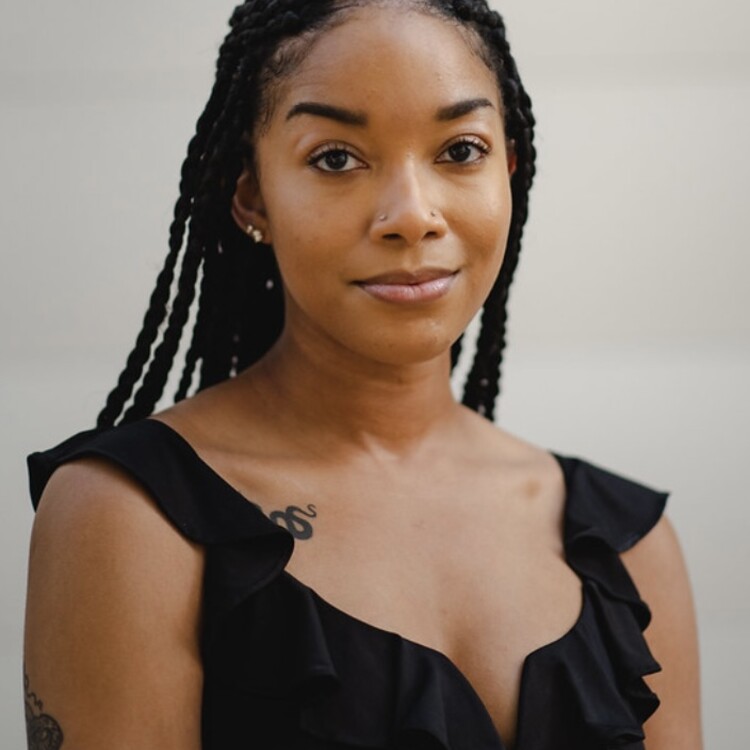
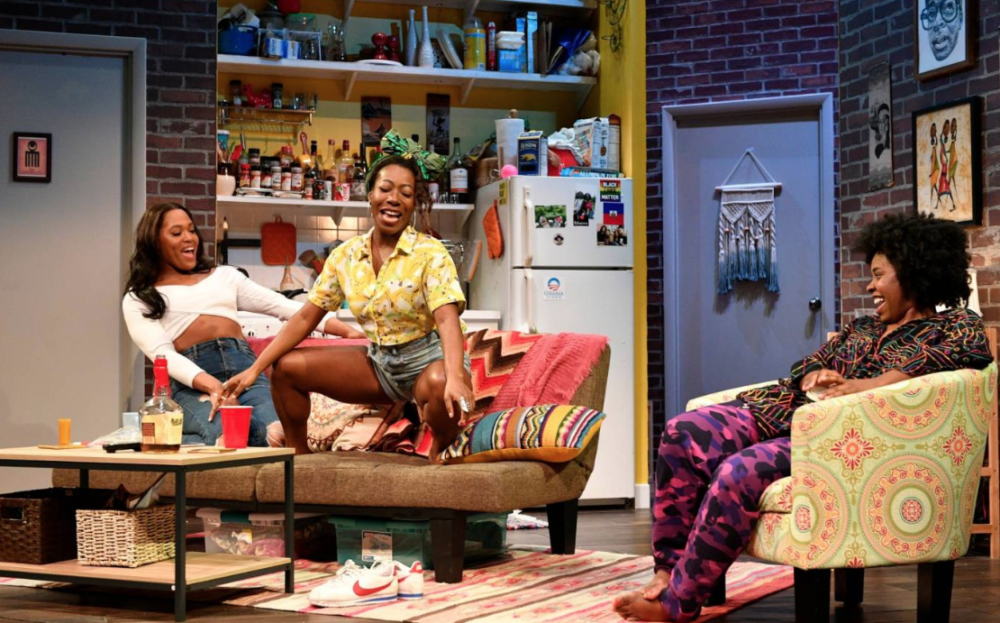
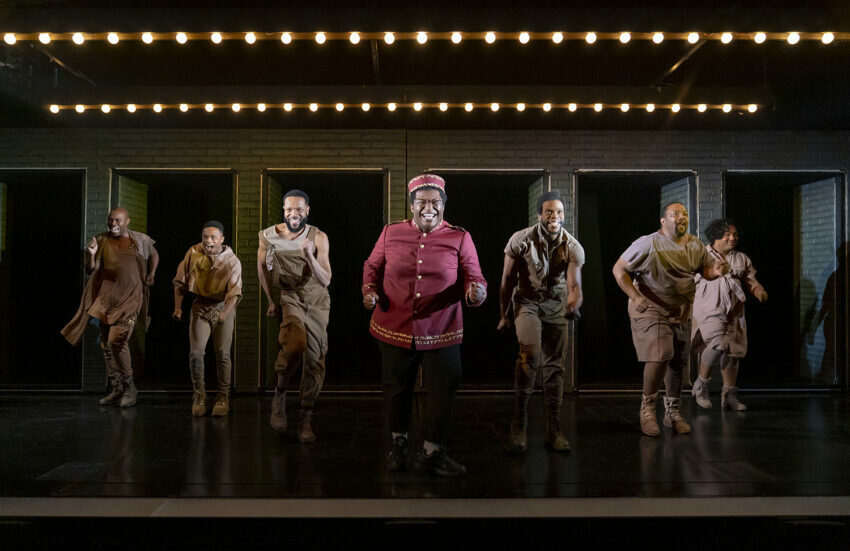







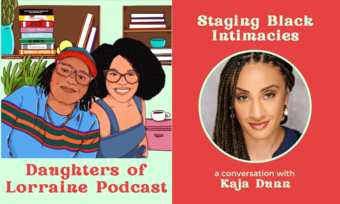



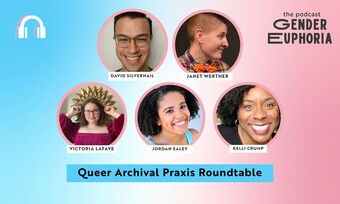





Comments
The article is just the start of the conversation—we want to know what you think about this subject, too! HowlRound is a space for knowledge-sharing, and we welcome spirited, thoughtful, and on-topic dialogue. Find our full comments policy here